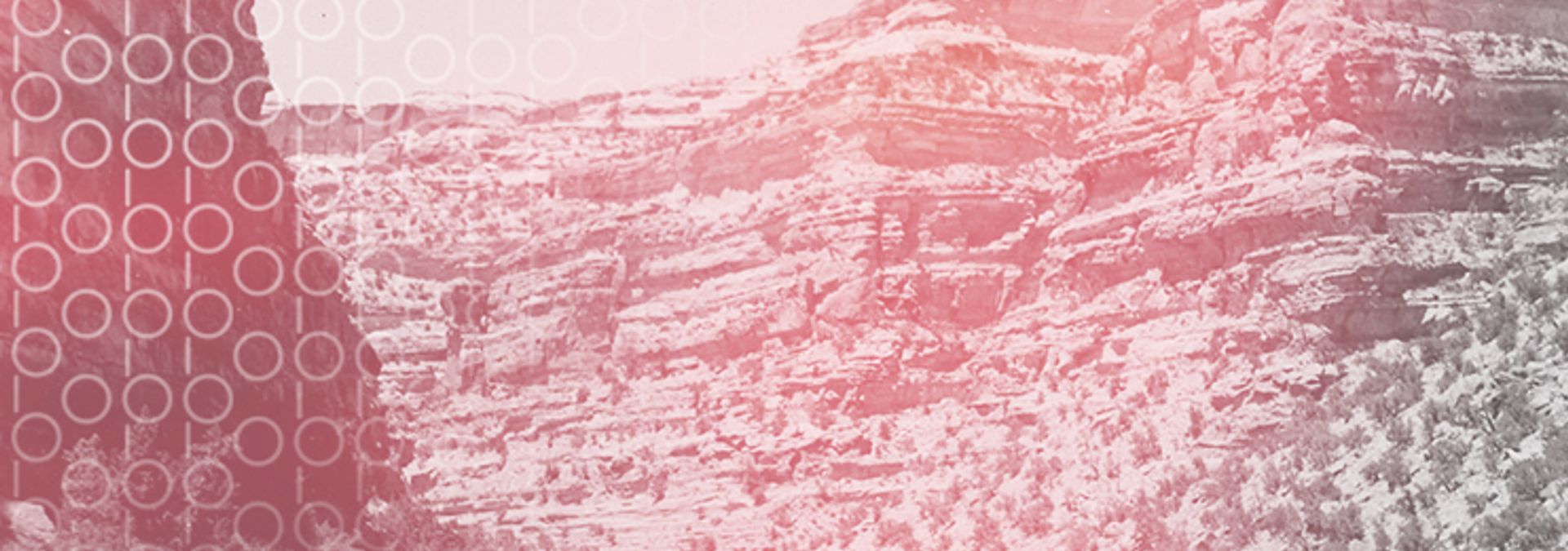
'They're saving it for their own': A conversation about environmental racism with Brentin Mock
Early environmentalists wanted to preserve land and open spaces for themselves to the exclusion of people of color. Source: Wikimedia Commons.
Police brutality and mass incarceration are not only connected to this country’s polluted air and water and other environmental issues, they come from the same root cause.
Brentin Mock, whose archives at CityLab and Grist you need to read, has been writing about that cause for many years.
Because of a long and violent history of racial segregation in this country, these issues often overlap in Black communities, where they create long-term disparities in health and wealth that can last for generations.
Here, Mock discusses how these issues are connected and how the racist origins of mainstream environmental organizations, sometimes called “big greens,” have kept us from seeing it.
This conversation is the first in a series of two conversations with Mock about justice, both racial and environmental. (Spoiler: It’s the same.) Read the second here. It has been edited and condensed for clarity.
Katie Moore: There's this tweet by Mary Annaïse Heglar that I keep coming back to. She was talking about racial justice and climate justice, and she said, "If you have to stop talking about one to talk about the other, you don't know how to talk about either." It's hard even to tease them apart, because they're so interconnected, but I was wondering if you could talk about some of the most important connections between police violence and environmental racism, in your mind.
Brentin Mock: I'm going to speak specifically about Black people. Black people have been the victims of both, whether it's environmental policy or policing. When it comes to environmental policy, African Americans have been made to live in zones where they get the least environmental protection. They've been made to live in zones where they get the least legal protection.
Within these very same zones, because of the lack of protection, Black people's health has been assaulted through pollution and climate change impacts. And because of the presence of police and the way Black people are policed, their health and their lives have been assaulted, again, in the same way. African Americans are more likely to die at the hands of police than any other race.
The common denominator is segregation.
Because of the way racial segregation lords over the land, Black people become tenants to their own obliteration, both on the environmental front and on the policing front. It's hard for them to become tenants in any other areas, because when they’ve tried, historically, to move into predominantly white areas and wealthy areas, they've been excluded, they've been forced out, they've been literally bombed out.
People talk about the progress that has been made, where you have had African Americans who have been able to move into predominantly white or wealthy neighborhoods. Even in those cases, African Americans who are middle-class and higher-income still suffer healthwise disproportionately as a result of exposure to environmental impacts, and they're policed more heavily than white people in those neighborhoods.
These are crimes that literally follow race across boundary, across age, across income, across education level. It doesn't matter.
KM: Mainstream environmental groups haven’t really taken up this work. Many of them were started by people who were pretty open white supremacists, and the mission was to protect the environment, protect wild places, but that meant, “Let’s get rid of Indigenous people and make hunting grounds for ourselves.” It speaks to how the narrative of “what the environment is” was conceptualized. Obviously, I’m not against endangered species or trees, but it’s very different from the conception of the environment that you would get if you talked to someone who studies and works on environmental and racial justice — our environment is where we live, work and play.
BM: It's been historically where white people work and play. Black people live in the environment. Latino people live in the environment. Indigenous people lived in the environment that white people claimed.
But the environment was narrowly defined by the kind of white progenitors of this movement and was kept that way specifically and intentionally to the exclusion of other people who, arguably, they were trying to protect it from, in part. They wanted to preserve all of the good stuff for themselves, for white families, for white companies.
Nobody talks about the logging industry, but white environmentalists took control of it early, controlling how trees could be used, chopped down and manufactured throughout the entire country. Early environmentalists were hugely influential in shaping what that looked like under the guise of forestry management. But forestry management, as we know, had a commercial mission behind it. Even those who tried to save it from commercial enterprises weren't saving it for people in general. They were saving it for their own families, for other white environmentalists.
Race has played a role in all of this, whether they've acknowledged it or not. And it has led to the major inequities that we see today. You'd be hard pressed to find a Black- or Latino-owned logging company. And definitely not in the South, where most logging happens, where most of the land was cleared out specifically for that purpose.
The flip side is the distribution of resources. Early in the 20th century, the Sierra Club had its full legs under it. You’re starting to see other environmental organizations pop up. NAACP was founded around the same time, 1910 in earnest, but they can’t get a dollar from anybody. Resources are flowing from the federal government, from local and state government, from philanthropy, from wealthy people.
But the money is not flowing toward the racial justice issues of lynching and the dismantling of reconstruction and Jim Crow. Dollars are not flowing to Ida B. Wells. Dollars are flowing to missions to preserve trees and birds and plants and animals at all costs, at the expense of Black people.
Again, like you, I'm all for saving endangered species, but there's literally no time in Black history where Black people were not endangered. Ever. The priorities in America have always been preserving and protecting everything and every person, except for people of color.
Read the first conversation in this series here.
Moore is a climate and environmental justice advocate who worked previously at Environmental Defense Fund and Louisiana Bucket Brigade. She can be found on Twitter @klmoore42.
STAY UP TO DATE
The quality of our newsletter is considered satisfactory and poses little or no risk.
SUBSCRIBE

